One Health for a Better Future:
SACRU and FAO united for global food safety
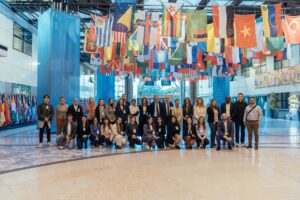
The Strategic Alliance of Catholic Research Universities workshop at the Food and Agriculture Organization on November 26 and 27 in Rome. Keynote lectures, panel discussions and new synergies between universities and international organizations for education and research
“One Health Approaches: on the Boundary between Research and Policies” is the title of the workshop, sponsored by SACRU and held Nov. 26 and 27 at the headquarters of the Food and Agriculture Organization in Rome.
The workshop, opened by Junxia Song, FAO Senior Animal Health Officer, and Pier Sandro Cocconcelli, SACRU Secretary General and Dean of the Faculty of Agricultural, Food and Environmental Sciences at Università Cattolica, was designed to promote dialogue and collaboration between the world of research and policy makers through discussions between academics and representatives of supranational institutions and counted on the contribution of national and international experts who brought different perspectives and experiences to the table. “One Health has never been more relevant than it is today, as we are facing complex challenges that are all interconnected and require us to work together across disciplines, sectors. The global health landscape has changed significantly in recent years. We’ve seen the emerging and re-emerging zoonotic diseases like COVID, MPOX, the rise of antimicrobial resistance (AMR), the effects of climate change, and the ongoing loss of biodiversity”, Junxia Song said.
“The One Health approach aims to improve the health of people and animals, along with the quality of food and environments by recognizing the close interdependence between these elements,” Pier Sandro Cocconcelli affirmed. “To achieve this goal, it is essential to promote a dialogue that integrates diverse scientific expertise and adopts a global vision. SACRU, a network composed of eight Catholic universities from five continents, is actively engaged in producing scientific knowledge capable of generating concrete impact. In this first FAO-SACRU workshop, two key aspects of One Health were addressed: food safety and resistance to antimicrobials. In addition, it discussed how cutting-edge research findings can be used to shape effective policies in the One Health area.”
The two days of sessions consisted of prestigious keynote lectures – with presentations by Ernesto Liebana, AMR Coordinator, EFSA, Phil Landrigan, Director of the Program for Global Public Health, Boston College, Simona Seravesi, Technical Officer (One Health), WHO/Europe, Romano Marabelli, Advisor to the General Director, WOAH, and Junxia Song -and roundtable discussions on research and developments on food safety issues and upcoming global challenges, with a particular focus on the synergy between international organizations and academic institutions for the development of joint training and research projects. The workshop also featured the participation of Andrea Urbani and Maurizio Sanguinetti, Full Professors of the Faculty of Medicine and Surgery of Università Cattolica, and Claudia Cortimiglia, Researcher of the Faculty of Agricultural, Food and Environmental Sciences.
The workshop was attended, both in person and online, by students and PhD students from the Piacenza-Cremona and Rome campuses of Università Cattolica and researchers in the fields of Food Safety and One Health, along with many researchers from universities in the SACRU network, who were able to listen and learn new ways and interconnections to address the global challenges related to human, animal and environmental health and the creation of a single platform where scientific evidence meets decision-making.
“Food safety is a fundamental pillar of public health,” Claudia Cortimiglia, Researcher in Microbiology, said. “At the Faculty of Agricultural, Food and Environmental Sciences, we face the challenge of monitoring pathogens that contaminate the food chain, taking a ‘farm to table’ approach and developing new solutions to mitigate risks. Increasing food safety knowledge and communicating it effectively are essential tools for meeting the challenges posed by foodborne infections.”
On the second day of the workshop, an interesting and well-participated roundtable on the topic of antibiotic resistance took place. It was moderated by Andrea Urbani, Full Professor of Clinical Biochemistry and Clinical Molecular Biology: “In our University Department we have chosen to translate the One Health approach into concrete actions through innovative and tangible programs. The three-year funding obtained by our University represents not only a recognition of our commitment, but also an investment in addressing global health challenges. This first event, organized under the auspices of the United Nations, allows us to focus on a crucial issue: antibiotic resistance”. Urbani also added that “the evolution of drug resistance by microorganisms not only challenges the pharmaceutical industry in the development of new chemical entities, but also requires a more strategic and responsible use of existing drugs. For our Pharmacy students, this is a unique opportunity to immerse themselves in a global debate, touching on the central issues of a global challenge and building skills to address the future of public health.”
“The increasing prevalence of antifungal resistance poses a significant threat to human, animal and environmental health, especially in the context of the One Health approach,” Maurizio Sanguinetti, Full Professor of Microbiology and Clinical Microbiology, said. “This challenge highlights the interconnectedness between ecosystems, as resistant fungal pathogens can emerge and spread between clinical, agricultural and natural environments, requiring coordinated efforts to monitor, prevent and mitigate their impact globally.
Two scientific, purposeful and international days where the global representation of issues and problems greatly enriched the discussions, shedding light on the challenges and opportunity to apply a “One Health” approach, integrating the health of humans, animals and the environment, to provide the global ecosystem with sustainable and shared solutions


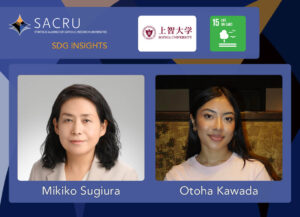
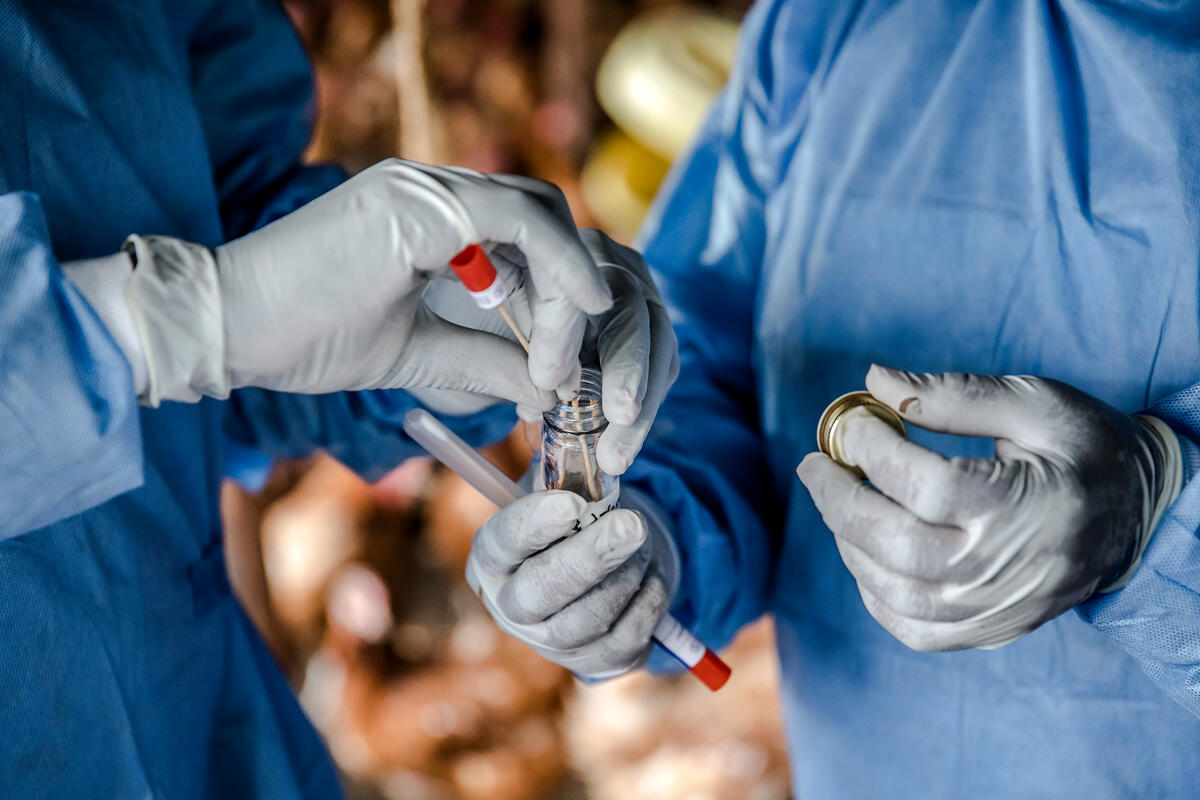

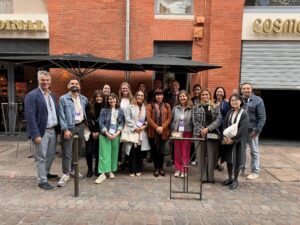

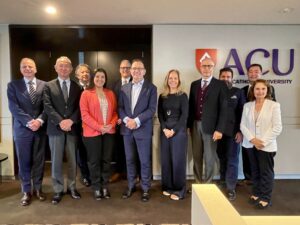
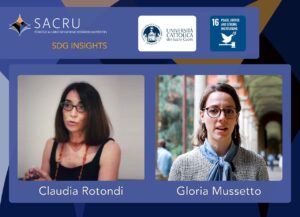 Università Cattolica del Sacro Cuore has realized this insight through the written article of Claudia Rotondi, Full Professor in History of Economic Thought, and the video of Gloria Mussetto, Ph.D. student in Sociology
Università Cattolica del Sacro Cuore has realized this insight through the written article of Claudia Rotondi, Full Professor in History of Economic Thought, and the video of Gloria Mussetto, Ph.D. student in Sociology